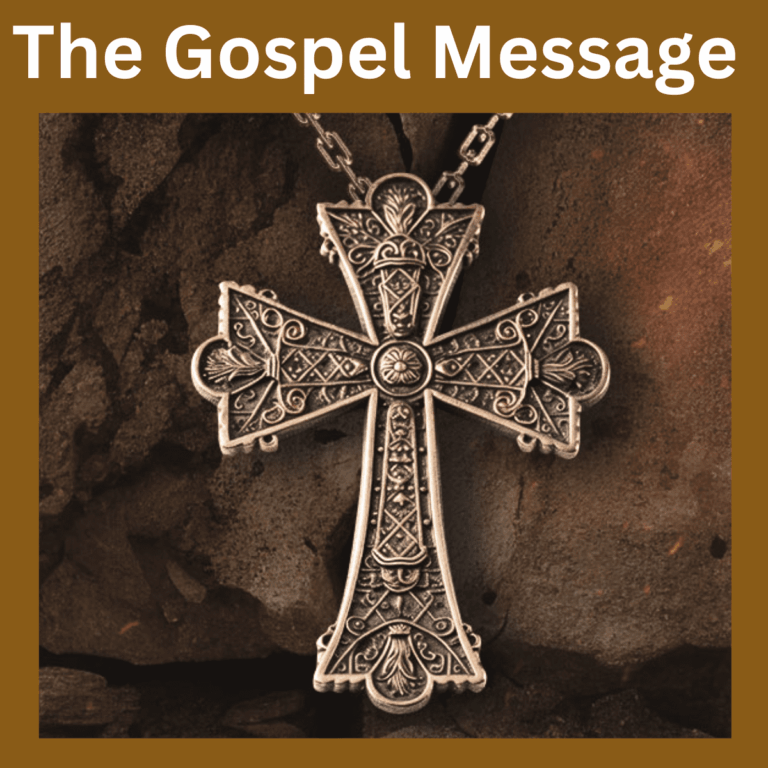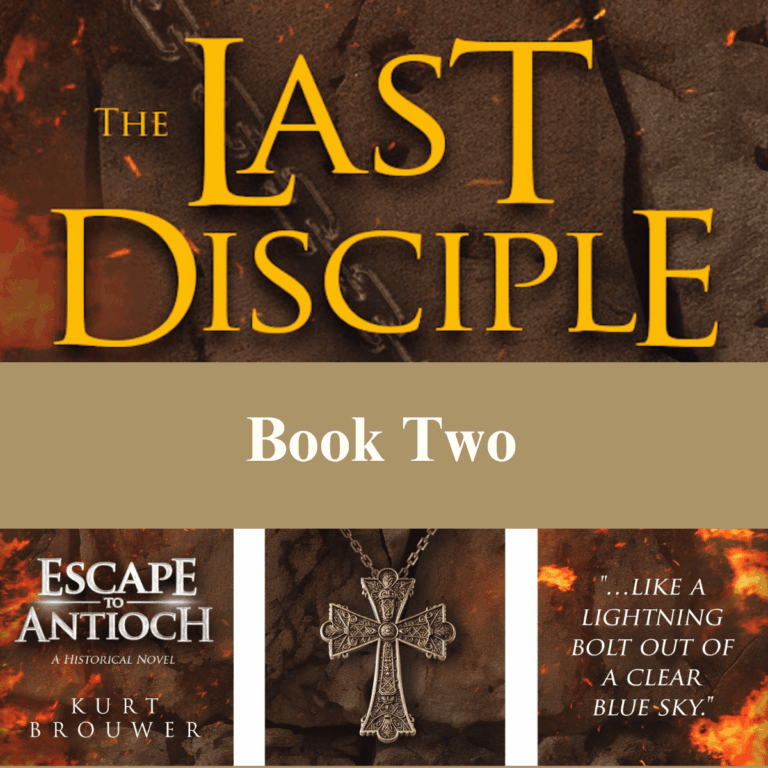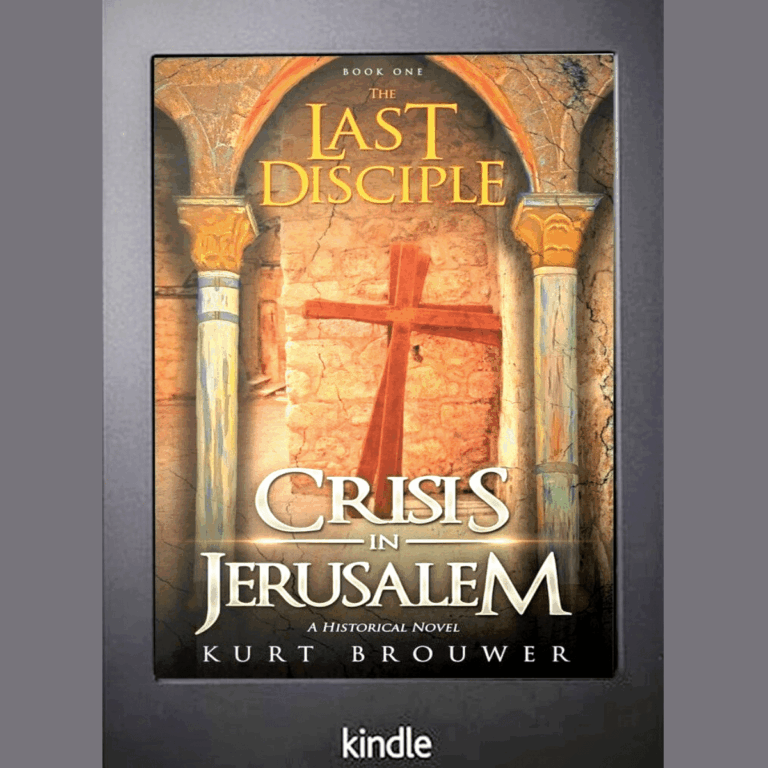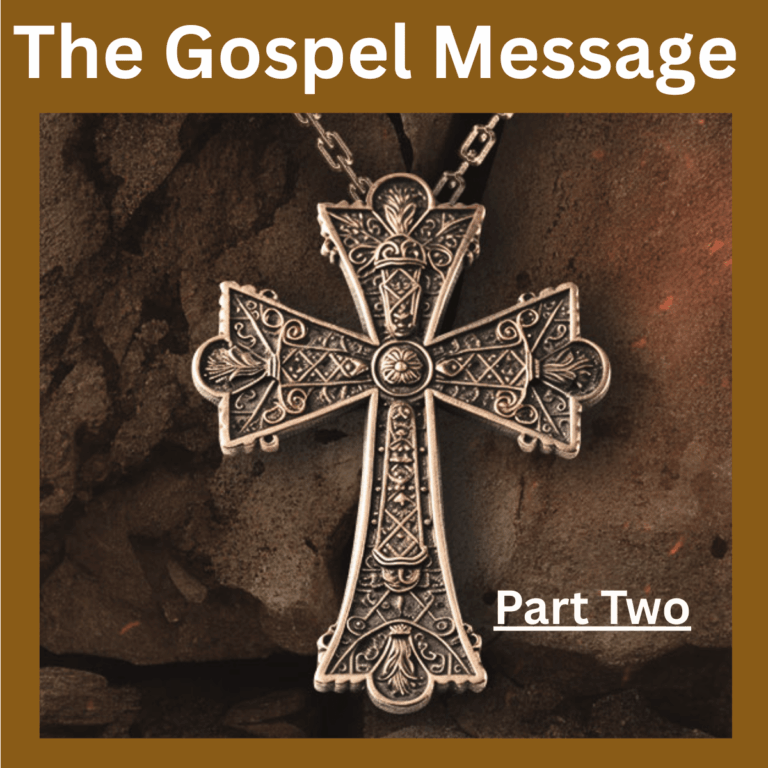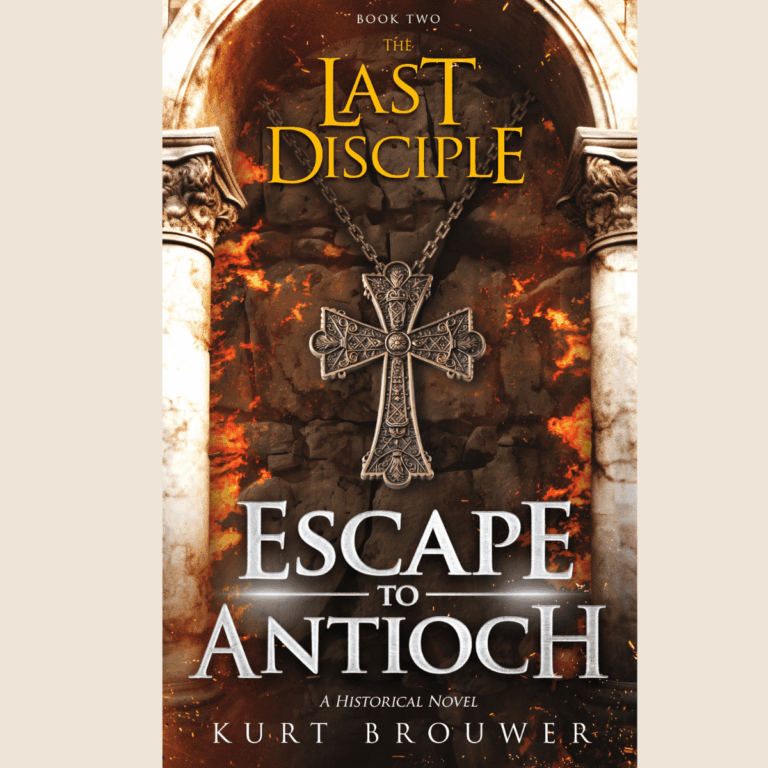No More Death Or Mourning Or Pain
In the Book of Revelation, Jesus tells us there will be no more death or mourning or crying or pain. On that day, our sorrows will be history.
A Promise in Revelation 21:4 NIV
‘He will wipe every tear from their eyes. There will be no more death’[a] or mourning or crying or pain, for the old order of things has passed away.”
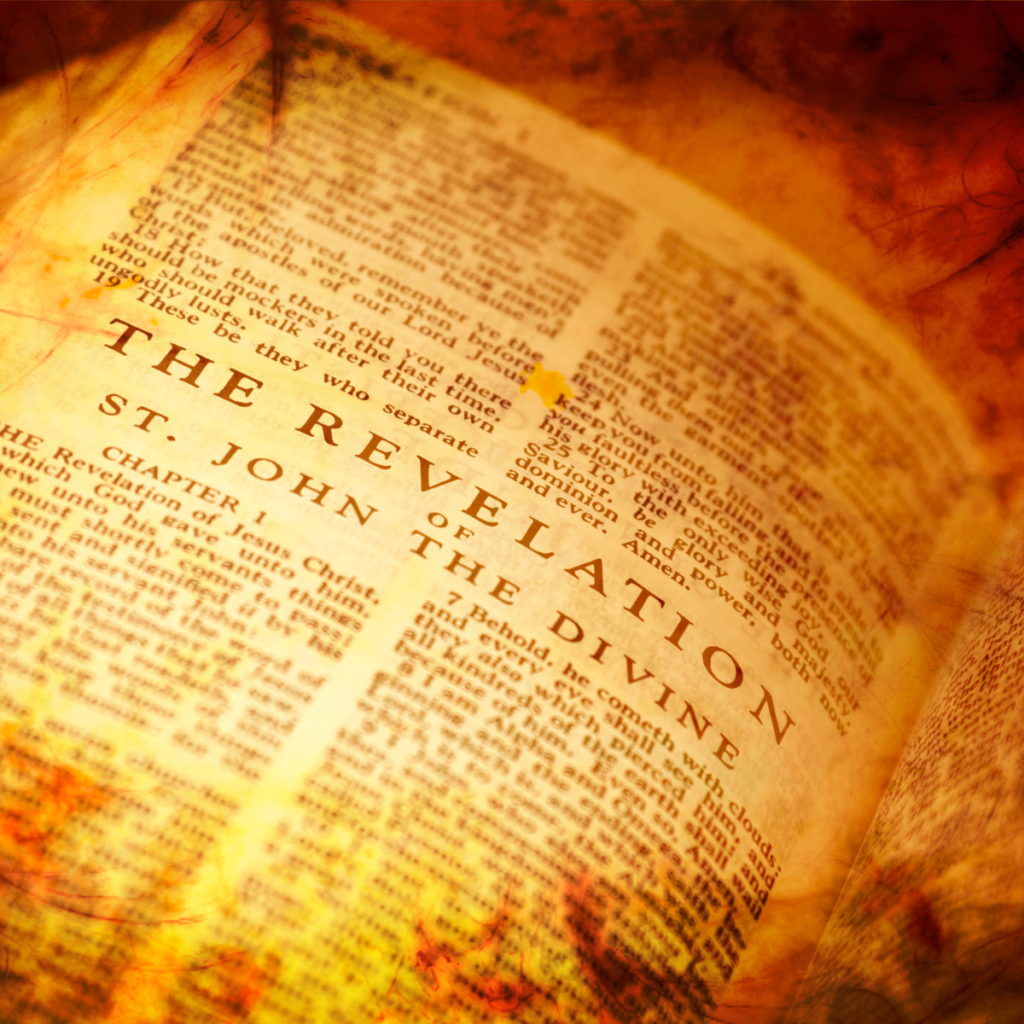
Revelation 1:3 NIV
Blessed is the one who reads aloud the words of this prophecy, and blessed are those who hear it and take to heart what is written in it, because the time is near.
Two Blessings In One Verse
So, if you want blessings, read Revelation and do it out loud. Go over it with your wife or husband, sister, brother, or friend. Read it to each other and ponder the mysteries within. Ask yourself what the theme of this book is? What is the meaning and the message?
Pay attention to John, the last disciple of Christ. His powerful, predictive words came directly from Jesus.
John’s Apocalyptic Vision
Church history tells us that John lived in Ephesus on the Turkish coastline after he left Israel. His move to Ephesus probably came about due to the warfare in Israel between Jewish rebels and Roman legions. The end result of that war was as sad as it was predictable: the total destruction of Jerusalem and the Temple in 70 AD.
John likely traveled to Antioch and other cities, finally ending up in Ephesus, where he ministered to the Christian churches in that region.
The Roman emperor Domitian eventually took against John and exiled him to the island of Patmos. It was there that he had the visions from which he wrote Revelation. Even today, you can visit the Cave of the Apocalypse where John received the visions.
Apocalypse: The End Of The World
The term used here, apocalypse, means the complete and final destruction of the world as described in Revelation.
In terms of writing, the apocalyptic style means writing that describes the end of the world using a vivid, poetical style. The images used can be violent or graphic, revealing hidden truths.
Studying this book, the very last book of the Bible will pay dividends. You have to study and ponder these words because this type of writing is very different from the style of many books of the Bible. In contrast, the Book of Acts is a straightforward narrative of events and people, and places.
Bible Writers Of The Apocalypse
There are other examples of apocalyptic writing in parts of Daniel, Psalms, Ezekiel, Matthew, Mark, and Luke. For example, in Mark 13:24-25, Jesus spoke of future events, including the destruction of Herod’s Temple and the End Times:
A Prediction Of Doom In Mark 13:24-25 NIV
But in those days, following that distress, “‘the sun will be darkened,
and the moon will not give its light; 25 the stars will fall from the sky,
and the heavenly bodies will be shaken.
So the end of the world and of God’s plan for mankind coincides with a great event: the coming of Jesus.
Mark 13:36-27 NIV Predicts The Second Coming
“At that time people will see the Son of Man coming in clouds with great power and glory. 27 And he will send his angels and gather his elect from the four winds, from the ends of the earth to the ends of the heavens.
Revelation & Apocalyptic language
The language of Revelation is very similar to the passage above from Mark. This similarity makes sense because both Mark and John were quoting Jesus. And, in Revelation, John received the revelation of Jesus Christ.
If you have not read the Book of Revelation in a while, I recommend you do. For in it, you will read about the day when there will be no more death or mourning or crying or pain. And read it aloud to someone you love so you’ll be blessed according to God’s promise.
Yours in Christ, Kurt

